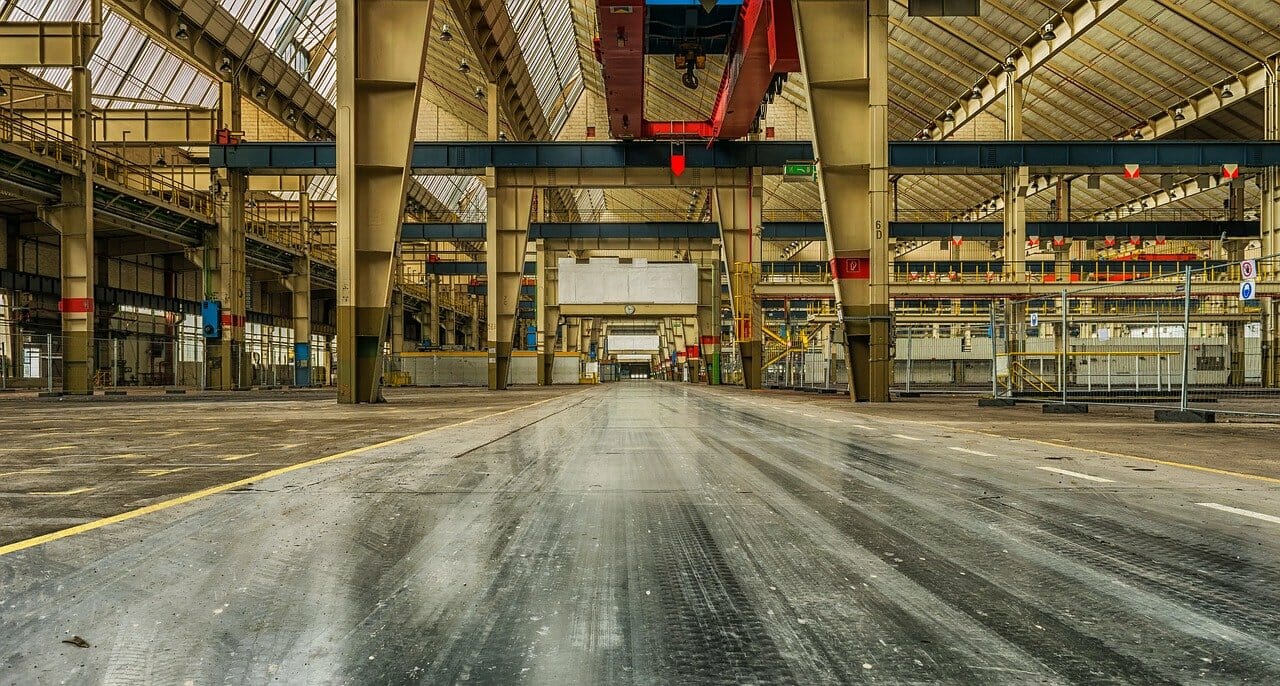Choosing the right flooring for commercial and industrial spaces is crucial to ensure functionality, safety, and long-term durability. With a range of flooring options available, each comes with its unique benefits suited for various environments. One flooring type gaining significant popularity in these settings is epoxy, but other options, such as vinyl, concrete, and rubber, also have distinct advantages. Let’s explore the benefits of different flooring types for commercial and industrial settings.
MORE NEWS: 50 Arizona commercial real estate leaders to watch in 2025
Epoxy Flooring: Durability and Protection
Epoxy flooring is often considered the gold standard for commercial and industrial environments. Known for its extreme durability and high resistance to heavy traffic, spills, and stains, epoxy offers a seamless, low-maintenance surface. It’s an excellent choice for areas with high foot traffic, such as warehouses, factories, and hospitals, because it can withstand the wear and tear of machinery, forklifts, and other heavy equipment.
Moreover, epoxy can be customized to meet specific needs, such as anti-slip finishes, impact resistance, and even aesthetic preferences with various colors and patterns. It’s also a cost-effective option in the long run due to its ability to reduce maintenance costs and extend the lifespan of the floor. Businesses looking for durable and high-performance flooring solutions often turn to epoxy floor coatings Boston from https://mclean-company.com, which provide excellent resistance to heavy traffic, spills, and wear in commercial and industrial spaces.
Vinyl Flooring: Flexibility and Easy Maintenance
Vinyl flooring is another popular choice for commercial settings, known for its versatility, comfort, and ease of maintenance. It is available in various styles, including tiles and sheets, making it suitable for retail spaces, offices, and schools. Vinyl flooring is highly resistant to stains, moisture, and heavy foot traffic, ensuring it remains functional and aesthetically appealing over time.
Its easy installation and relatively low cost make it a great option for businesses looking for cost-effective, long-lasting flooring solutions. Additionally, vinyl is softer underfoot compared to harder surfaces, making it ideal for environments where employees stand for long periods.
Concrete Flooring: Strength and Low Maintenance
Concrete flooring is a solid, durable choice for industrial spaces such as factories, warehouses, and storage rooms. While it may seem basic, concrete floors can be upgraded with finishes like epoxy coatings or polished concrete, which enhances their appearance and resistance to wear. Concrete is highly resistant to heavy equipment and impact, which makes it suitable for environments where heavy machinery and vehicles are in use.
An often-overlooked benefit of concrete floors is their relatively low maintenance costs. They are easy to clean and don’t require frequent repairs, making them a cost-effective option over time. Additionally, concrete is highly customizable, with different finishes and treatments available to suit a wide range of industrial applications.
Rubber Flooring: Safety and Comfort
Thanks to its shock-absorbing properties and slip resistance, rubber flooring is commonly found in commercial environments such as gyms, hospitals, and educational institutions. Rubber flooring is especially beneficial in environments where employee safety is a top priority, reducing the risk of slips and falls in high-traffic areas.
This type of flooring is also easy to clean, highly durable, and can withstand heavy foot traffic. The cushioning effect of rubber flooring also makes it a comfortable choice for environments where employees may be standing for extended periods. Rubber is resistant to chemicals, making it ideal for industrial settings with potential exposure to oils, solvents, and other harsh substances.
Choosing the Right Floor for Your Space
Selecting the right flooring for your commercial or industrial space depends on the specific needs of the environment. Whether it’s the resilience and protection of epoxy, the comfort of vinyl, the strength of concrete, or the safety of rubber, each option brings unique advantages to the table. When choosing, it’s important to consider factors such as traffic volume, exposure to chemicals, maintenance requirements, and safety concerns. With the right flooring, you can ensure a safer, more efficient working environment for years to come.




